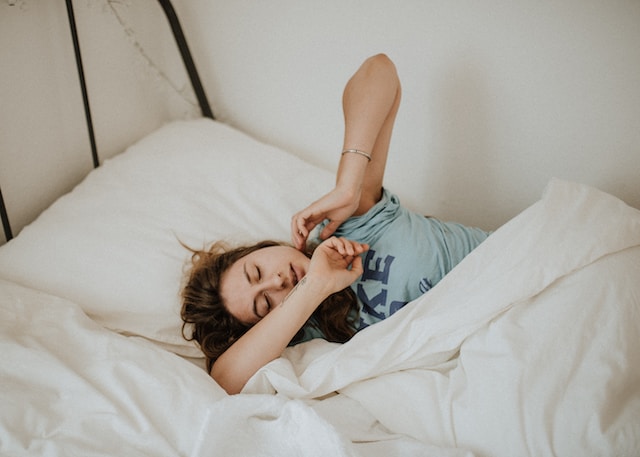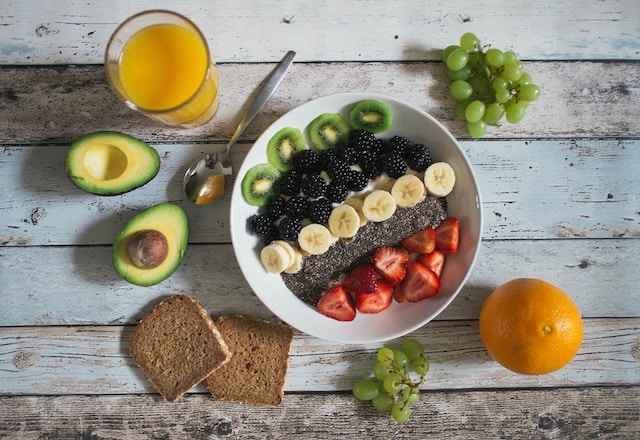One question that has popped up during the coronavirus pandemic is whether it’s bad to disinfect. Does getting rid of germs around the house weaken your immune system?
Protect Your Health Without Going to Extremes

According to many health professionals, the idea that your immune system suffers in a clean home is just a myth. There’s no reason to think that cleaning and disinfecting are bad for your family. Keeping your kitchen clean, vacuuming carpets, dusting furniture and disinfecting bathroom surfaces are all good for staying healthy.
It is possible to overdo disinfecting, but the risks are different from what you think. Disinfecting too much is dangerous because of the side effects of the cleaning chemicals you use, not because of your immune system.Keep Disinfectant Chemicals Away From Your Skin and Food
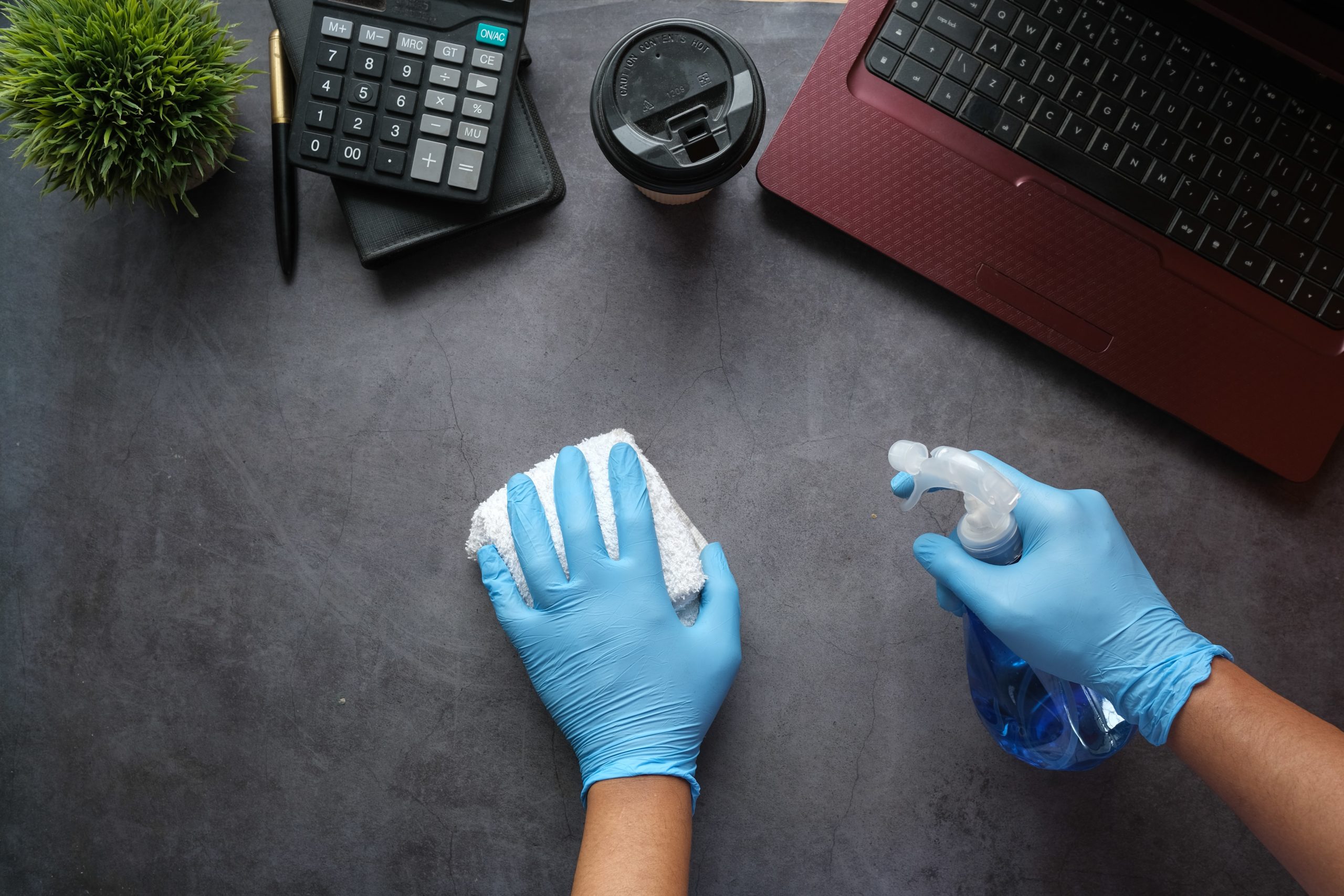
At the beginning of the coronavirus pandemic, calls to poison control centers in the U.S. increased by 20% practically overnight. Some families exposed themselves to serious health problems by using disinfectants in dangerous ways:
Never wash food with bleach or other disinfectants
Never apply disinfectant chemicals to your bare skin
Never breathe chemical vapors on purpose
Never gargle with any type of cleaning chemical
Never soak clothing in disinfectants or use chemicals in your washing machine
Disinfectants are only designed for cleaning hard surfaces.
Be Balanced With Hand Sanitizer
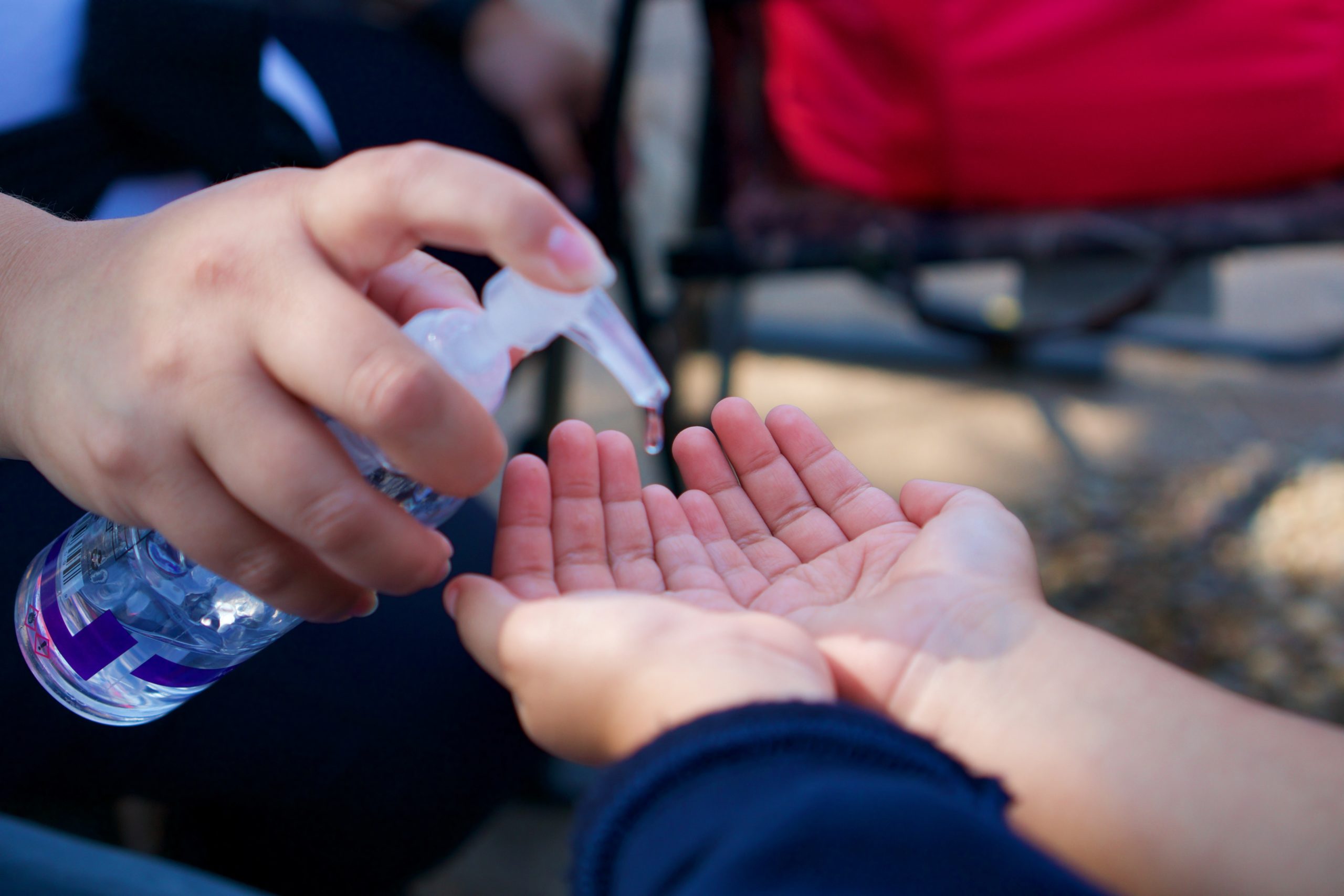
Alcohol-based hand sanitizer can be a lifesaver when you’re at the supermarket or in public, but you should be careful not to overuse it. Too much sanitizer can irritate your skin or trigger eczema. If possible, avoid sanitizers that contain antibiotics such as triclosan.
At work and home, go with soap and water. Many antibacterial soaps have hydrating agents that keep your hands from drying out.
Follow Safety Tips When Using Disinfectants
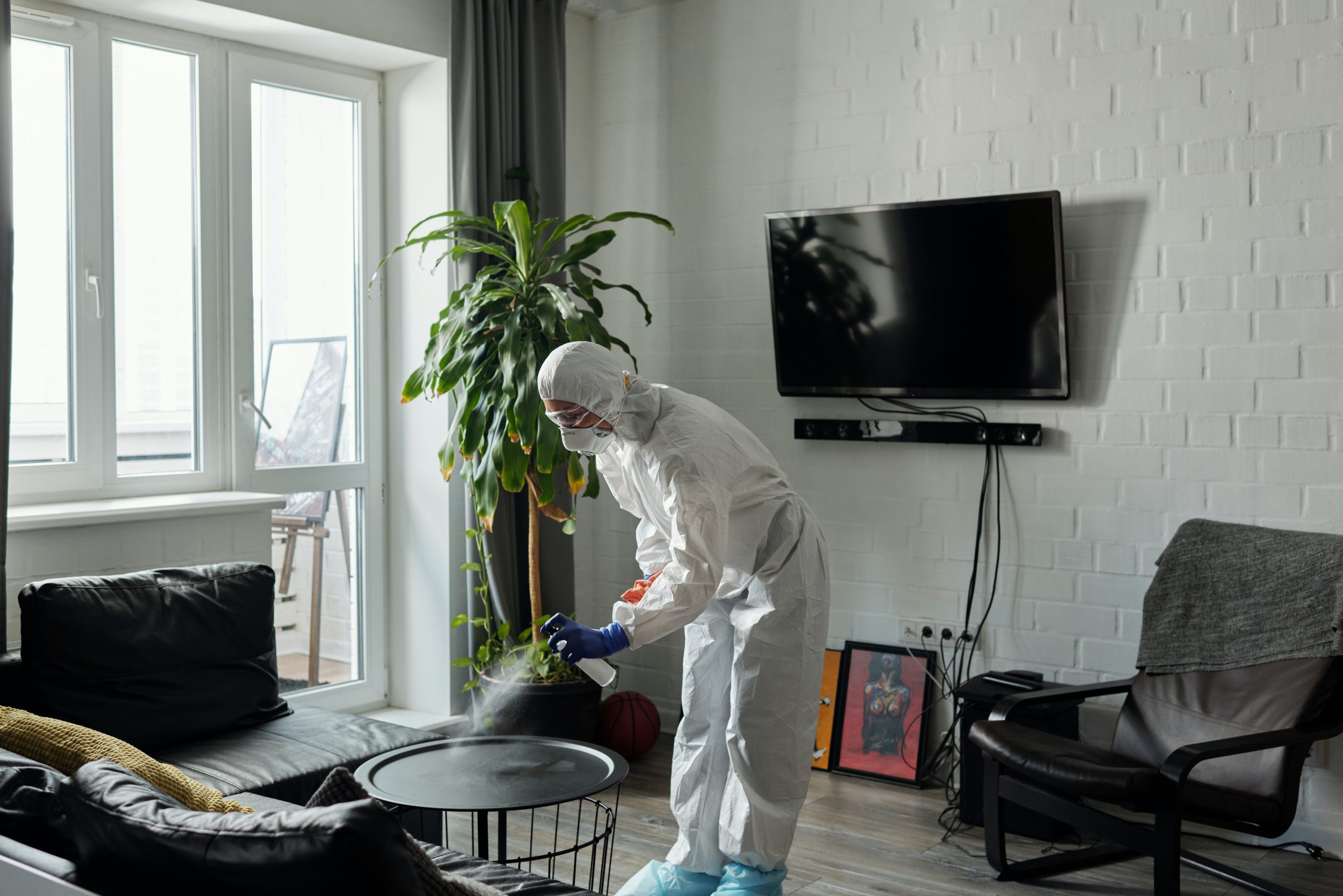
How can you stay safe and keep your family safe when using disinfectants? These tips can help protect you:
- Follow label directions: Many people think that if the bottle says one capful, then two capfuls are twice as effective. A stronger concentration doesn’t improve cleaning! All it does is potentially expose you to skin irritation and other health problems.
- Wear gloves: Many cleaning and disinfecting products can be absorbed into your skin. The best way to protect yourself is to wear gloves when wiping down countertops or cleaning bathroom surfaces.
- Open a window: You have to be careful not to breathe cleaning chemicals. Make sure there is adequate ventilation, either by opening a window or turning on your exhaust fan.
Be especially careful with bleach. Never use bleach directly. Always dilute it according to label directions, and wear gloves.
Never Mix Disinfectant Chemicals
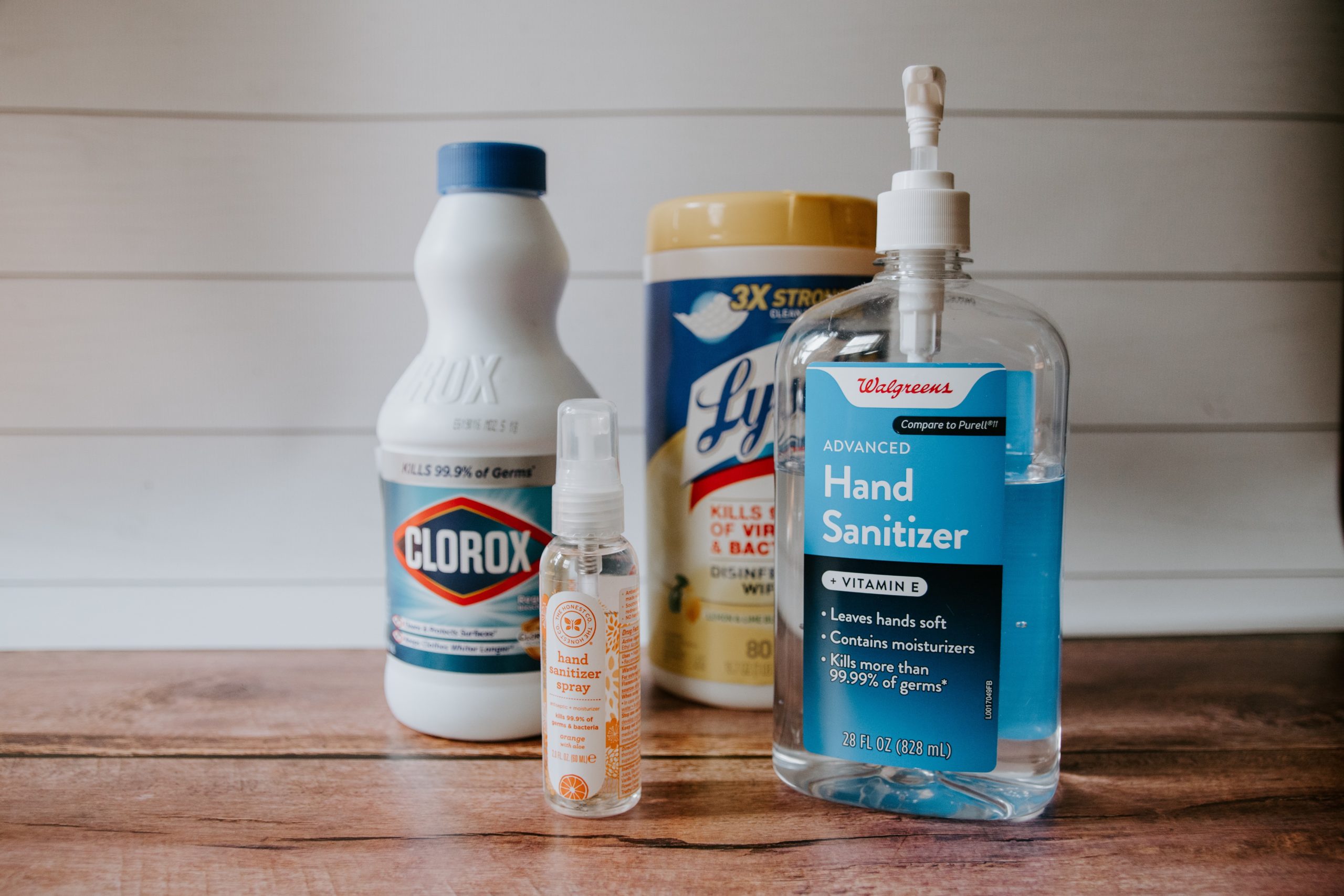
One of the most dangerous situations is when people try to mix different cleaning chemicals. Here is a complete list of things never to mix:
Vinegar
Hydrogen peroxide
Bleach
Ammonia
Rubbing alcohol
Acids
These chemicals produce toxic vapors if you mix them. This can lead to breathing problems, chemical burns or even death.
Disinfect Safely

There’s no need to go crazy with disinfectant most of the time. Of course, if someone in your family is sick, it’s OK to clean more frequently than normal.
Clean the surfaces that you touch the most, such as faucets, door handles, light switches and appliances. Wipe down tables, desks and dressers. Keep your kitchen and bathroom especially clean, and wash your hands when you come home with antibacterial soap and water.




